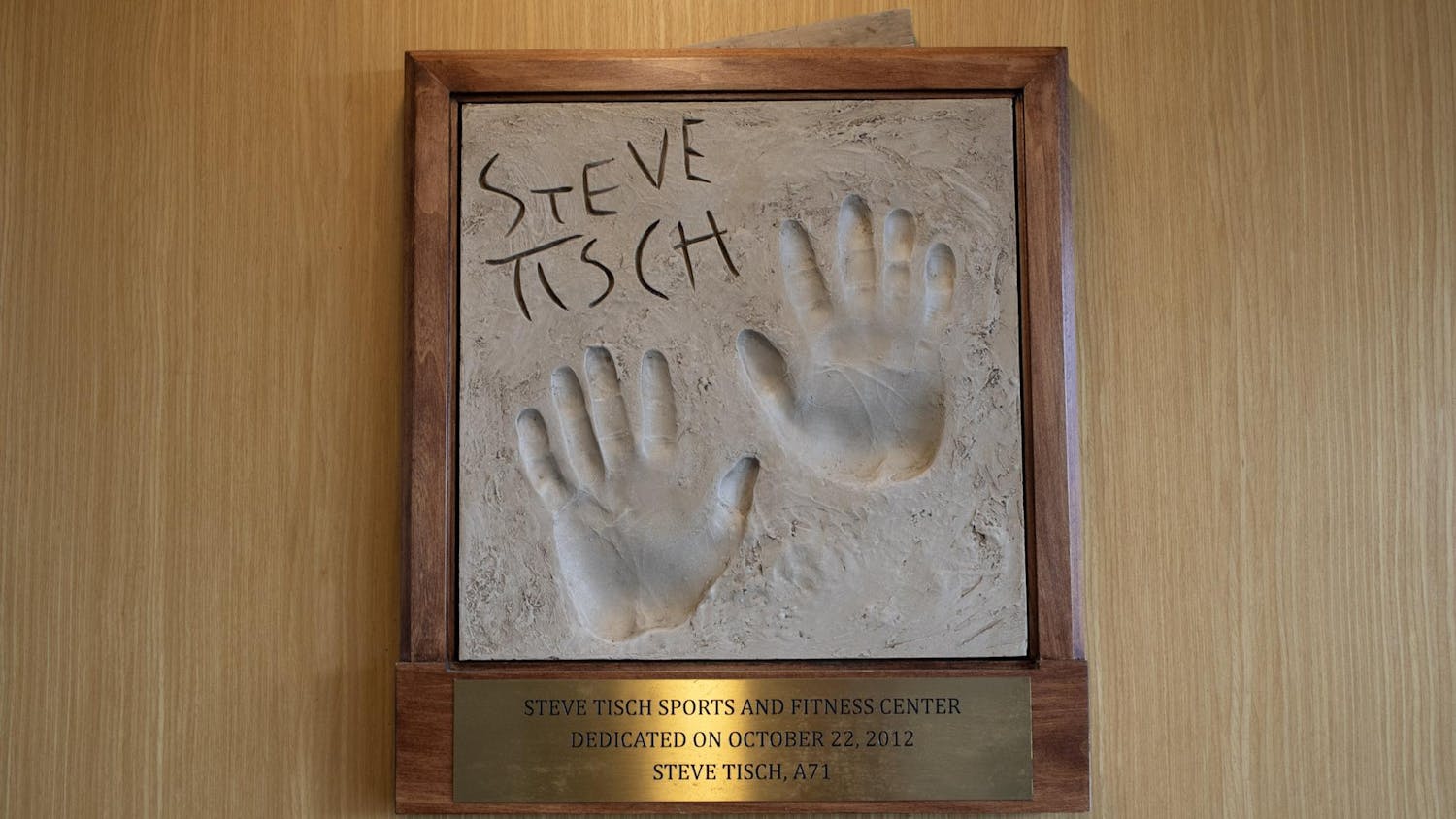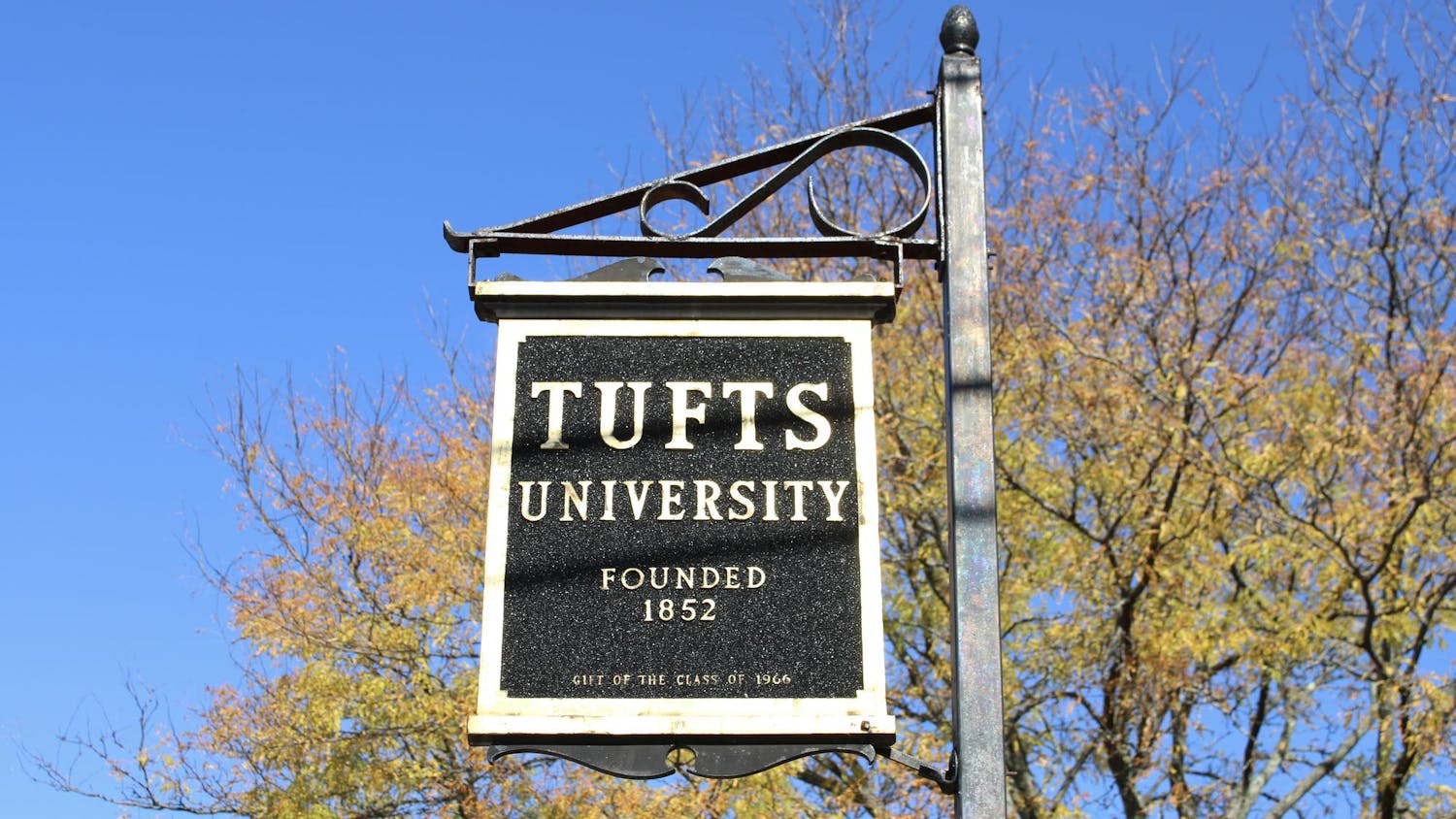The Board of Trustees has wide-ranging powers, from deciding the new buildings that will pop up on campus, to establishing new academic programs, to selecting our university’s president.Yet, we don’t know much about them and rarely hear directly from them. The student body’s only points of contact with the board are three undergraduate trustee representatives, selected by Tufts Community Union (TCU) Senate, who sit on the trustee committees of Academic Affairs, Administration & Finance and University Advancement.There are seven other committees for which students do not have any input or point of contact. Furthermore, our student representatives are not allowed to disclose much information to the student body and rarely speak at trustee meetings, making their role more symbolic than actually useful in communicating student voice. Student voice is especially needed on the board considering how opaque and inaccessible the process of joining it is.
There are two pathways to becoming a voting member on the board, neither of which a current undergrad can pursue. First, one can become a large-scale donor to the school and be elected by current members, a route that is near impossible for the vast majority of recent graduates. Second, a candidate can run for one of the 10 Alumni Trustee positions, which are elected by Tufts alumni. This route requires wealth and connections, and candidates must first be vetted by an Alumni Council selection committee which determines whether candidate is eligible to run.
Earlier this year, Class of 2018 graduate Nathan Foster (LA '18) ran a campaign to become an Alumni Trustee on a platform of increasing transparency and adding a younger voice to the board. He garnered the support of 13 student groups, including the Tufts Democrats and Tufts Progressive Alliance, and made sure to reach out to recent alumni. TCU Senate passed a resolution endorsing his candidacy with a vote of 25–3–2. Despite a wellspring of grassroots support, the Alumni Council prevented him from even joining the ballot and having the opportunity to run in a fair election.There was no explanation from the Board as to why Foster was denied the opportunity to campaign despite the community's obvious support. The four candidates approved for this year’s election have been out of their undergraduate careers for an average of 25 years, which includes a C-suite executive and a senior director of a real estate investment firm.
It seems even running for a spot as an alumni representative, the most accessible path to joining the board, requires candidates to be wealthy and in a solidly established career, two things that only come with time — it is nearly impossible for someone to join until long after their experience as a student is relevant.In other words, the implicit prerequisites for being on the board prohibit anyone with closer ties to the student body from having any power in the university. This, in turn, points to one of the frustrating contradictions of the board: They are trying their best to make improvements to help the school and student body while at the same having recruitment and communication policies that lock out the very stakeholders that could provide them insight.
TCU Senate’s Administration & Policy Committee wishes to shed light on the fact that decisions affecting our lives at Tufts are made by a body of individuals who attended a very different looking Tufts and are out of touch with the experiences of Tufts students today. On average, it has been 35 years since a current board member has been an undergraduate at Tufts, with some never having had an undergraduate experience on campus. Though we understand that in some ways, it is beneficial to have a body that is not subject to the everyday ups and downs of student life, as current students and administrators are, the Board of Trustees must become more transparent and representative in order to properly govern the community it wishes to serve.
There are real challenges facing the student body. The increasing tuition, housing shortages and decreased funding for student life initiatives that support underrepresented groups on campus may feel like any other budget-line item to some of the current board members. These are issues that the board of Trustees may not be equipped to deal with without the perspective of current students or recent alumni. In the past, groups such as TCU Senate and Tufts Student Action (TSA) have pushed for budget transparency and for a seat at the table to help shape the policy that affects all of us every day. It is time for the entire Tufts community to stand up and demand that seat.
The current undergraduate student representatives must be allowed to attend allBoard of Trustee meetings. Members of the Board of Trustees should have a meet and greet with the Tufts community at least once a year, in order to ensure they are in touch with current student needs. Finally, there should be real voting power for members of the community of which the board is in charge. Only then will the Board of Trustees be adequately equipped to make the difficult decisions that will shape our university for years to come.
More from The Tufts Daily





